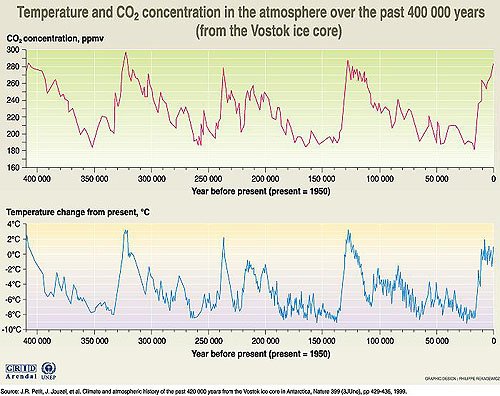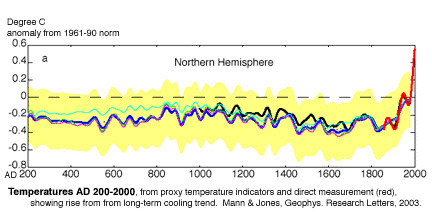Re: Follow up (and reality check) on iTulip Global Warming Thread from July
Lukester,
Of all the people I've told about this info, you are the first person to respond to Lewis's arguments. That certainly deserves a reply on my part.
However, I'm experience a lot of "turbulence" in my life right now, and will have to Bookmark it for later.
But I will get to it . . . .
Lukester,
Of all the people I've told about this info, you are the first person to respond to Lewis's arguments. That certainly deserves a reply on my part.
However, I'm experience a lot of "turbulence" in my life right now, and will have to Bookmark it for later.
But I will get to it . . . .
 )
)




Comment